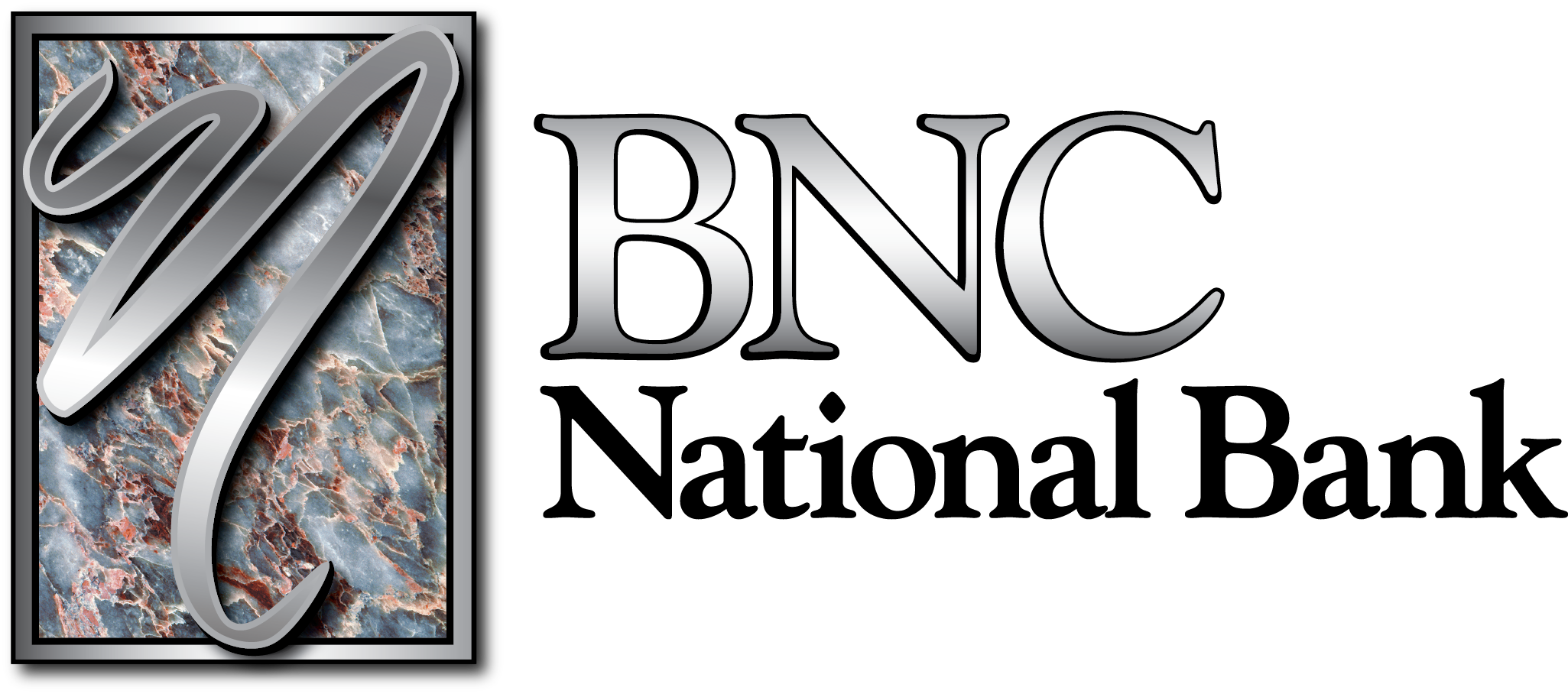The first job you get is an exciting milestone for young adults, but it also marks the usual beginning of financial responsibility.
It’s essential to start your finances off on the right foot. Don’t worry—it’s simpler than you think. But it’s still important to be intentional.
So if you’re staring at your first direct deposit, ready to make decisions that Future You will be thankful for, you’re in the right place.
What Is the Importance of Having a Community Bank Account?
If you’ve just gotten your first job, having a bank account through your community bank will make your life much easier. Your checking account will make it easy to keep tabs on your spending; your savings account will keep your money safe as it grows.
Here are a few other reasons having a bank account is critical for a young professional like you:
-
It makes direct deposit easy: Most employers process payments through online banking. This hands-off approach is more straightforward and might get you paid faster than other methods.
-
It makes accessing your money a breeze: With your bank account, you can access funds through mobile apps, online banking, and ATMs.
-
It keeps your money safe: Your money is safer in a bank account than in your wallet or stored somewhere in your home. By depositing your money, you reduce the risk of theft or loss.
The money you place in your bank account is FDIC-insured. So in the rare event that something happens to your bank, the FDIC will cover your deposits up to $250,000—making a bank account an extra safe and protected option.
Just Got Your First Job? Here’s How a Community Bank Can Help You Thrive
Managing your money well can help you make sure that your basic needs are covered—with some left over for recreation!
However, we’re here to help you go beyond that. Achieving financial independence for the first time means that it’s time for you to consider savings, investments, emergency funds, retirement, and more.
That can sound like a lot. It doesn’t have to be. By working with a community bank, you can feel like you have an expert on your side as you navigate these challenges.
When you establish a relationship with a community bank, you benefit from:
-
Personalized service: Your bankers will remember your name, pick up the phone when you call, and provide banking services that are tailored for you.
-
A community focus: Your community bank will be involved in your community—which means it supports local businesses and even sponsors local events. Banking locally is an excellent way to stay connected!
-
Support with savings goals: Your community bank can help you open your first retirement account, provide information about investments, and guide you through setting savings goals that are specific to your plans.
How Saving Now Can Set You Up for Success Later
Why is it important to save money?
The earlier you start saving, the more time your money will have to grow. This is true whether you opt for a high-interest savings account or an individual retirement account (IRA).
Depending on your financial needs and your future goals, you might consider the following types of accounts:
-
A basic savings account: Helps build your emergency fund or facilitate savings for short-term goals.
-
A money market account: Gets you access to higher interest rates and faster growth for longer-term savings.
-
An IRA, such as a 401(k) or a Roth IRA: to help you save money for your retirement.
Your community bank will be able to help you assess which type of account is a good choice for you!
Financial Tips for Young People
Perhaps you’ve already got your bank accounts set up and you’ve already established a connection with your neighborhood community bank.
These five tips will help you strengthen the firm financial foundation you’ve already established.
-
Set specific goals: For example, saving for a house, instead of just saving up money. It’ll make saving easier if you have something to visualize.
-
Budget: It’s a standard tip for a reason! Start by tracking your income and expenses to get a realistic picture of your monthly finances.
-
Set aside enough money for 3-6 months of expenses: This is your emergency fund, and it should be a top priority.
-
Set up automatic bill pay and automatic savings transfers: This will make achieving good financial habits much more manageable.
-
Avoid unnecessary debt: Such as debt for vacations or luxury items.
Your Community Bank Representatives are Ready to Help You Thrive
If you’re newly employed, you’re probably wading through a lot of confusing life setup. We get that!
We’re also here to help you with that setup and to help you find practical answers to big questions such as “What is the importance of money in our daily life”?
At BNC National Bank, we’re passionate about providing practical resources pertinent to your life. If you’re interested in learning more about ways to set up your financial foundation, give our team a call. Alternatively, check out what we can do for you by clicking this link.
BNC National Bank, Member FDIC, Equal Housing Lender





%20(1).jpeg?width=960&length=960&name=AdobeStock_550513674%20(2)%20(1).jpeg)